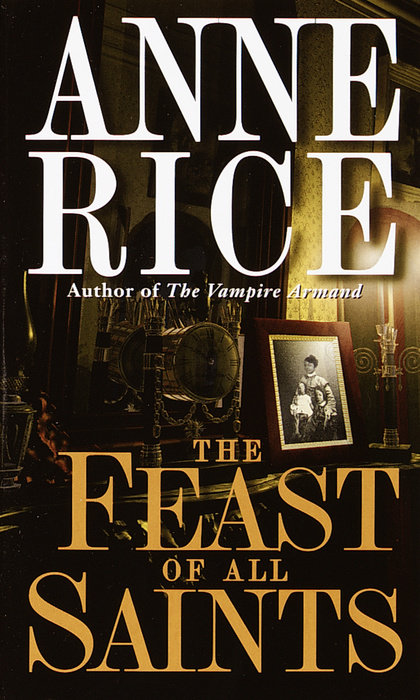It’s probably not PC to admit this, but I am always hesitant to pick up a book in which a white author has created biracial protagonists. It’s not that I have a problem with someone of one race writing the words and thoughts of another. After all, I’m African American and Jewish and I’ve written several white and Latino and Christian protagonists. Inhabiting the mind and body of characters who are completely different from us is what novelists do.
But I’ve noticed that frequently writers who believe they have come from “white privilege” demonstrate excessive sensitivity when crafting characters who come from a history of oppression. As a result their creations often feel a little one-dimensional. Any flaws these characters have can be easily attributed to the hardships they have endured rather than any weakness of spirit or inflation of ego. They’re obsessed with not fitting in (not black enough for the African-American community, not white enough for the white world).
As a biracial woman, I don’t relate to their particular obsessions about the inability to fit into a race. Their unnuanced goodness feels more patronizing than complimentary.
But there are authors who don’t seem to struggle with these issues at all. A glowing example is Anne Rice. Her second novel, written in 1979, The Feast of All Saints, is the first of many departures Rice has made from the fantasy genre she so brilliantly revolutionized with her stories of vampires, werewolves, and Mayfair witches. It’s a book that delves into the complex social hierarchy of the gens de couleur libres who lived in New Orleans during the 1840s.
Rice deftly pulls her readers back to a time when free, biracial individuals lived in the no-man’s-land between utter subjection and equality. Their racial identity both hindered and elevated them. It would have been easy for Rice to follow the tradition of lesser writers by making these characters angels, hardened only by circumstance. But instead Rice creates a host of complicated individuals with distinct personality traits, some admirable, some not. She rejects the debate of whether it’s nature or nurture that forms us and instead celebrates what should be obvious: it’s both.
In this novel our hero is Marcel, the young son of a kept black woman and a white planter. His desperation for the enlightenment gleaned from knowledge is perfectly balanced by his mother’s love of the shelter ignorance provides. His aunts, often kind and nurturing, willingly set those instincts aside when pragmatism dictates a more ruthless approach. His younger sister, Marie, is innocent and naïve while his best friend, Richard, struggles against the restrictions of propriety so important to his family. And all the women face the too familiar and timeless predicament of being forced to use their sexuality in order to gain power and acceptance while simultaneously being judged for doing so.
Yes, these characters are concerned with their race. The color of one’s skin means everything in this world. But they’re so much more than that. Rice explores and explodes racial stereotypes and brings light to the pervious nature of racial classifications as a whole. Despite being born into a completely different time in history, I relate to these characters. They’re beautifully flawed and so very human. Their struggle is not that they can’t fit into one world or the other but in accepting or pushing against the limitations of the world society has carved out for them.
The Feast of All Saints is a rich, gorgeous, brutal novel that manages to educate its readers without ever lecturing them. It’s a story that reminds us that people cannot be easily pigeonholed to fit into one category. We’re all human . . . except possibly for Rice, whose prose is absolutely divine.
Kyra Davis is a New York Times bestselling author whose most recent novel is Just One Lie.




